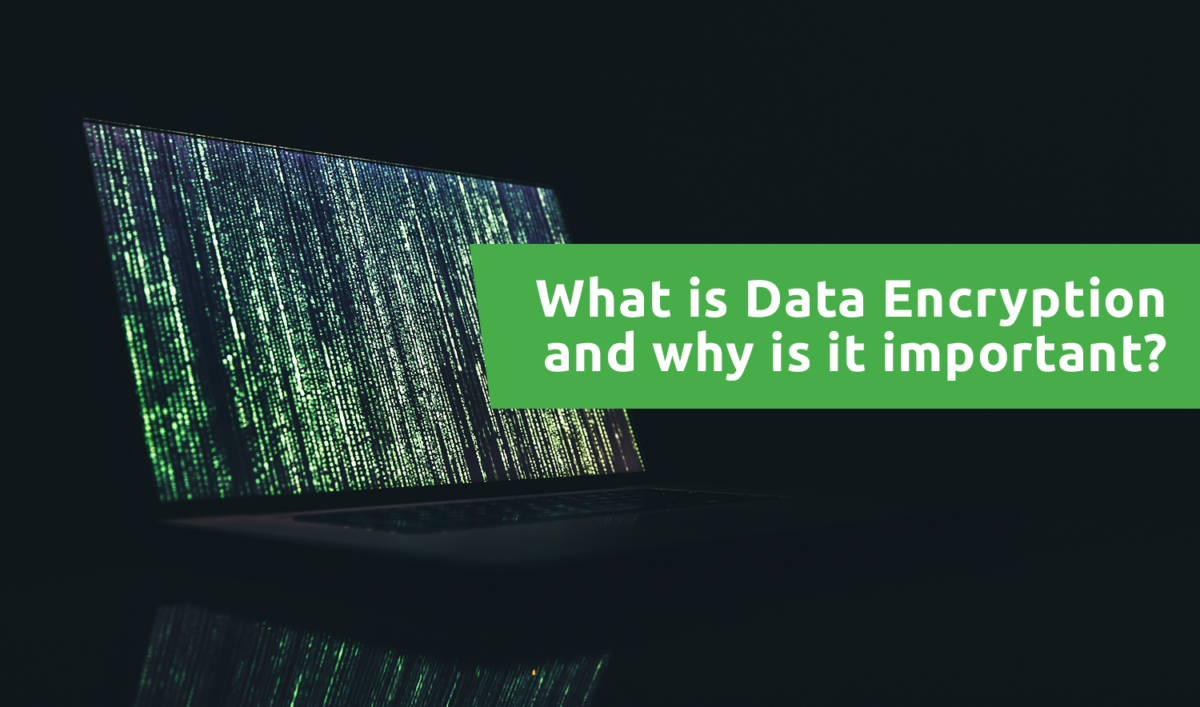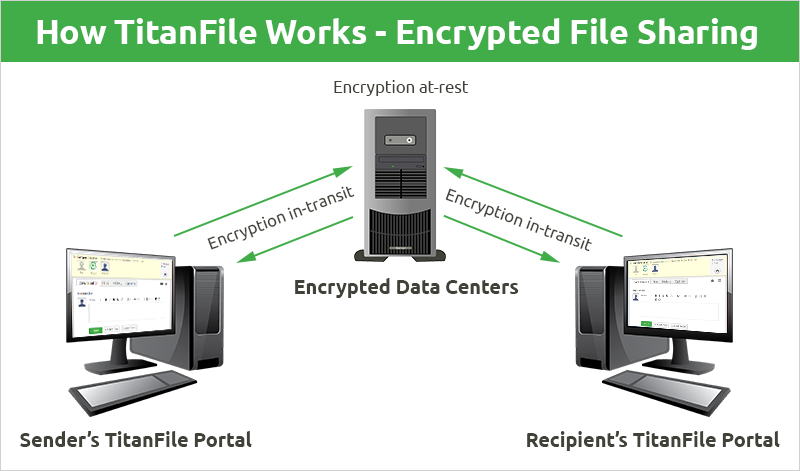There is no better security protocol than data encryption in today’s day and age.
Used in a plethora of security solutions, data encryption prevents unauthorized users from accessing your precious data. Whether you send data over network wiring or look at it on your disk at home, data encryption ensures that your files stay safe and locked.
Over the last few years, Facebook was caught red-handed with passwords from its users that were compromised. It was not just a few passwords either; there were millions upon millions stored that many people had access to. Facebook employees had uncontrolled access to user data, and some took advantage. You certainly can see why data encryption standards should be set in order to prevent data from being accessed by those who shouldn’t have access.
What Is Data Encryption?
People around the globe have varying perspectives when it comes to the word “encryption.” Some are turned off by the word because it has long been used to describe hijackers who extort money from innocent bystanders. But, in the 21st Century, there are certainly advantages to data encryption.
When data encryption works for the good of a business, data can be protected and secured. Encryption is a technology that conceals data using complex algorithms. Users who are protecting their data through encryption will receive a cipher key. This is a specialized key to unlock the data, so the material is readable again. Of course, only you and authorized parties should have access to this key, otherwise, it will defeat the purpose of encryption.
If you encrypt your data, you’ll be less concerned about privacy. Encryption will keep unwanted users from accessing your sensitive information.
Now that you see the need for data encryption, let’s go into more detail about why data encryption is important.
The Importance of Data Encryption
 Encryption is important to every business today because it enables them to protect confidential data by converting it into ciphertext, a form that is unreadable without an encryption key. This process is called “encoding.” Encryption makes it nearly impossible for cybercriminals or other unauthorized parties to steal and misuse the data since only those with an encryption key can decipher the data and reveal the true information.
Encryption is important to every business today because it enables them to protect confidential data by converting it into ciphertext, a form that is unreadable without an encryption key. This process is called “encoding.” Encryption makes it nearly impossible for cybercriminals or other unauthorized parties to steal and misuse the data since only those with an encryption key can decipher the data and reveal the true information.
The importance of encryption cannot be understated in the slightest because even the biggest corporations with the largest cybersecurity budgets fall victim to data breaches. That being said, even if your data is in a secure infrastructure, there is still a chance that your data could be compromised. With data encryption, however, your files can be that much more impenetrable even if they were stolen.
So, how would this play out in the real world? Let’s say that there is a user of a company’s data who sent some confidential files via email, which is generally not encrypted in any way. This information is put at risk because hackers can potentially intercept these emails and gain access to confidential data.
On the other hand, if the user uses an encrypted file sharing solution like TitanFile instead, even if the information was intercepted and stolen, the cyber attacker wouldn’t be able to access the information because it would be in an unreadable format. Only those with the encryption key would be able to successfully decrypt the information and access it.
Types of Data Encryption
When it comes to the types of data encryption, you can find encryption that is in-transit based, as well as data encryption at rest.
Encryption at rest
Encryption at rest refers to a type of encryption for data when it is being stored or “at rest” in a device or system, such as a hard disk, database, or cloud storage. This encryption technique guarantees that the data is secure from theft and unauthorized access, even if the system or device is physically compromised or lost.
Encryption in transit
Data encryption in transit is the process of encrypting data while it is being transported over a network between two devices or systems. The data is safeguarded against theft and unauthorized access using this encryption technique while it is being transported.
For the best results, you want to make sure you have both at-rest and in-transit data encryption. If you only have encryption on your disk, but not the network, things can start to go awry. A hacker would be able to hang out in the network traffic to help them gain access to your disk. In turn, your data would certainly be in hot water. This is why having the whole range covered will give you peace of mind, as it pertains to data encryption.
What Data Should be Encrypted?
There are several categories of data that should be encrypted. These categories include but are not limited to:
- credit card numbers
- passwords
- social security numbers
- phone numbers
- addresses
- bank accounts
- patient health information
- and other information that’s deemed “confidential”
Ultimately, if you and the business you are a part of do not have the correct data encryption protecting information, this will lead to some very problematic instances. Whether you have a data leak or sensitive material gets out, you and the business may be damaged in more ways than one. Think of economic disasters, brand disasters, and lack of customer faith.
Another place that should be encrypted is anything that you back up. If you own an external hard drive that you plug into your computer, it is crucial that data encryption for both at-rest and in-transit cover your bases as well.
This is often overlooked because people do not use their backup files all that much. But, remember that it only takes one time for a hacker to get their hands in the cookie jar. Then, all your prized information will be out there for the taking. There will probably be nothing you can do about it either.
How to Secure Data in Transit and Data at Rest
Having data encryption is essential for any business, whether they are large or small. But how do you secure your data transit and at rest? You can use a data encryption tool such as TitanFile.
TitanFile is rated the #1 most secure file-sharing platform. When you share files using this solution, files will be automatically encrypted in transit and at rest, giving you and your recipients peace of mind.
In addition, TitanFile is as easy to use as email and won’t require you to be very tech-savvy at all.

